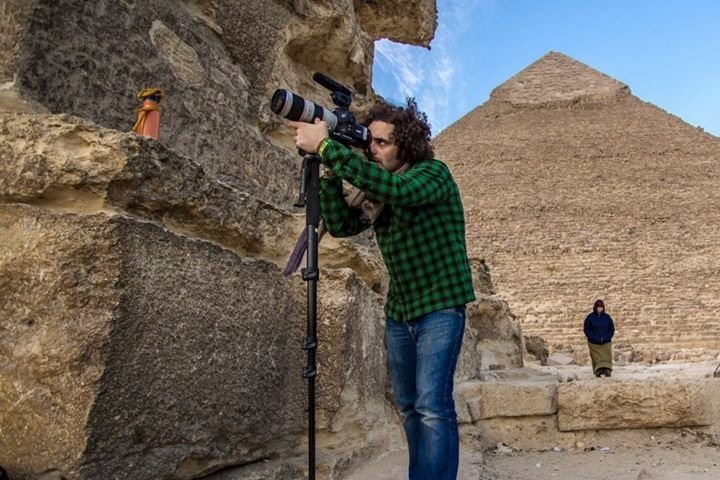Documentary Filmmaking and Truth: Balancing Storytelling with Factual Accuracy
Documentary filmmaking is a powerful medium for exploring real-world issues, capturing human stories, and presenting compelling narratives. At the heart of documentary filmmaking lies the quest for truth—uncovering, revealing, and portraying factual information and events. However, this pursuit of truth can sometimes intersect with the filmmaker's artistic vision and narrative storytelling, raising questions about the balance between storytelling and factual accuracy. In this blog post, we will delve into the complex relationship between documentary filmmaking and truth, exploring the ethical considerations and challenges filmmakers face in maintaining journalistic integrity.
The Nature of Truth in Documentaries
Documentaries are often regarded as a form of journalism, as they aim to inform and educate audiences about real-life events, issues, and people. Unlike fiction films, documentaries are expected to present factual information, supported by evidence and credible sources. However, the interpretation of truth in documentaries can vary:
- Subjectivity: Documentaries are inherently subjective, reflecting the filmmaker's perspective, biases, and interpretations of events.
- Narrative Construction: Filmmakers select and arrange footage to create a coherent narrative, which may involve condensing events, omitting certain details, or highlighting specific aspects to enhance storytelling.
- Reenactments and Dramatizations: Some documentaries use reenactments or dramatizations to illustrate events or perspectives, which can blur the line between factual representation and artistic interpretation.
Ethical Challenges in Documentary Filmmaking
1. Selective Editing: Filmmakers must avoid selective editing that distorts the truth or misrepresents the facts. Context is crucial, and all sides of a story should be presented fairly.
2. Accuracy of Information: Ensure that the information presented in the documentary is accurate and supported by credible sources. Fact-checking is essential to maintain the documentary's credibility.
3. Balancing Objectivity and Advocacy: Documentaries often advocate for a cause or viewpoint. Filmmakers must balance advocacy with journalistic objectivity, presenting multiple perspectives when appropriate.
4. Informed Consent: Obtain informed consent from individuals featured in the documentary, explaining how their stories will be presented and the potential impact on their lives.
5. Transparency: Be transparent about the filmmaking process, funding sources, and any conflicts of interest that may influence the documentary's content.
The Role of the Filmmaker as a Storyteller and Journalist
- Artistic Vision: Filmmakers use their artistic vision to engage audiences emotionally and intellectually, making complex issues accessible and compelling.
- Journalistic Integrity: Filmmakers have a responsibility to uphold journalistic principles, including accuracy, fairness, balance, and accountability.
- Impact on Society: Documentaries can influence public opinion, policy decisions, and societal attitudes, making ethical considerations even more critical.
Case Studies and Examples
- "Making a Murderer": This documentary series raised questions about the fairness of the criminal justice system through its detailed portrayal of the Steven Avery case, prompting public debate and legal action.
- "Exit Through the Gift Shop": A documentary about street art and Banksy's influence, where the authenticity of the story and characters became subjects of debate and speculation.
Conclusion
In conclusion, documentary filmmaking is a powerful tool for exploring truth and presenting compelling narratives. However, the pursuit of truth in documentaries can be complex, involving ethical considerations, storytelling techniques, and the filmmaker's responsibility to inform and educate. By maintaining journalistic integrity, respecting ethical guidelines, and balancing storytelling with factual accuracy, filmmakers can create documentaries that inspire, inform, and provoke meaningful dialogue. As documentary filmmaking continues to evolve, so too must our commitment to truth, transparency, and ethical storytelling in the pursuit of compelling and impactful narratives.

